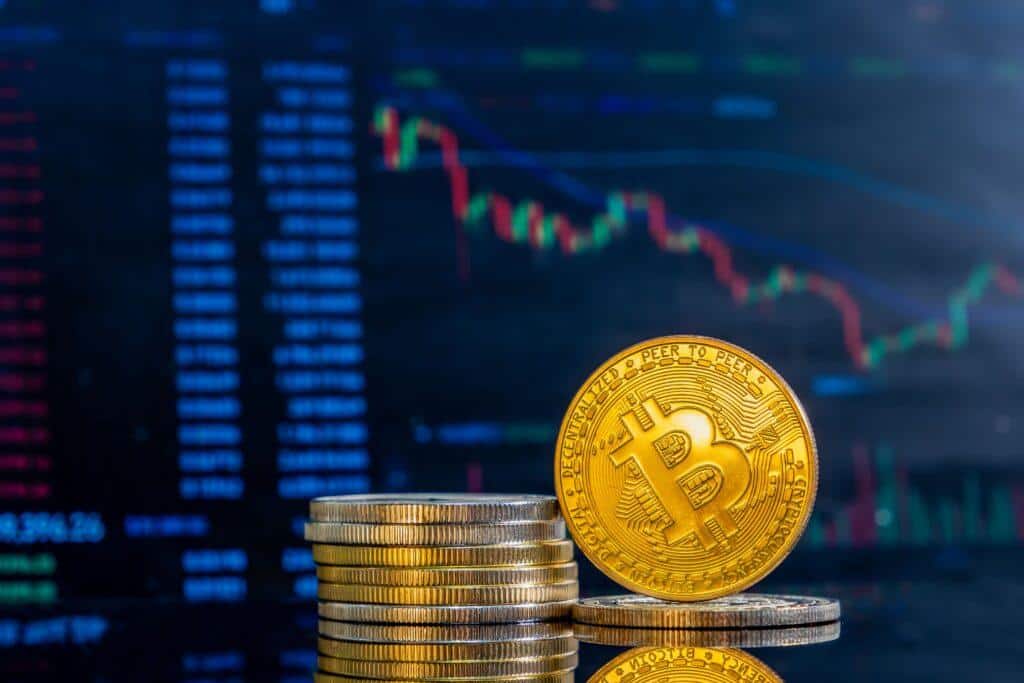Soon as the U.S. equity markets opened on Tuesday, Bitcoin takes a dive under $19,000 once again. As of press time, the S&P 500 is 1.25% and Bitcoin sharing a greater correlation with the index puts some selling pressure on the world’s largest cryptocurrency.
As of press time, Bitcoin is trading 1.2% down at a price of $18,946 and a market cap of $362 billion. As said, Bitcoin continues to show a greater correlation to the S&P 500 and the 60-day correlation coefficient is at 0.72, just short of the May high. A coefficient of 1 means that the assets are moving in lockstep, however, a negative coefficient means they are moving in the opposite direction.

Speaking to Bloomberg about Bitcoin, John Porter, CIO and head of equities at Newton Investment Management, said:
“Right now, it is very much a proxy for beta in the market. Crypto’s going through growing pains right now. We just don’t know what it’s going to be when it grows up, if you will.”
More Bitcoin Volatility Ahead
The U.S. Federal Reserve will be announcing an interest rate hike on Wednesday, September 21, and so investors are bracing for further volatility. The Fed is determined to bring down the high inflation and hence shall be pulling liquidity out of the market with interest rate hikes.
But despite this, MicroStrategy – the biggest corporate BTC holder continues to make fresh purchases. Tagus Capital’s Ilan Solot said:
“Markets — both crypto and broader — are in full macro risk mode ahead of the FOMC this week. I don’t think MicroStrategy’s purchase moves the needle much. A chunk of the leverage longs, especially in ETH, has been cleared out. So that’s a better technical position, but we still need a positive catalyst to make a difference in sentiment.”
It will be interesting to see whether BTC will touch the June lows of $17,500. It all depends on how the U.S. equity markets perform going ahead.
The presented content may include the personal opinion of the author and is subject to market condition. Do your market research before investing in cryptocurrencies. The author or the publication does not hold any responsibility for your personal financial loss.

